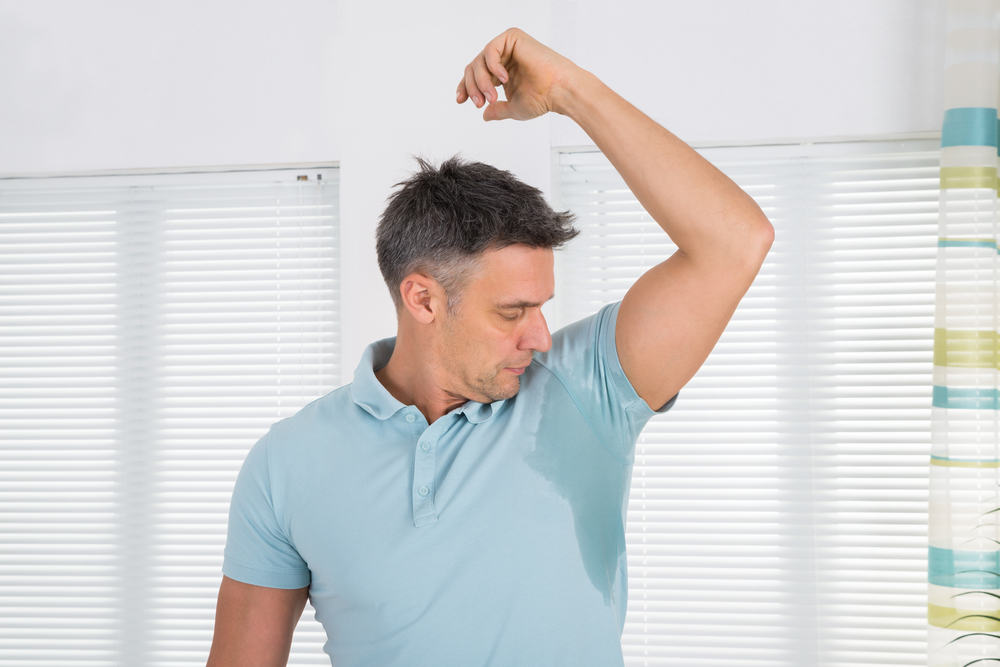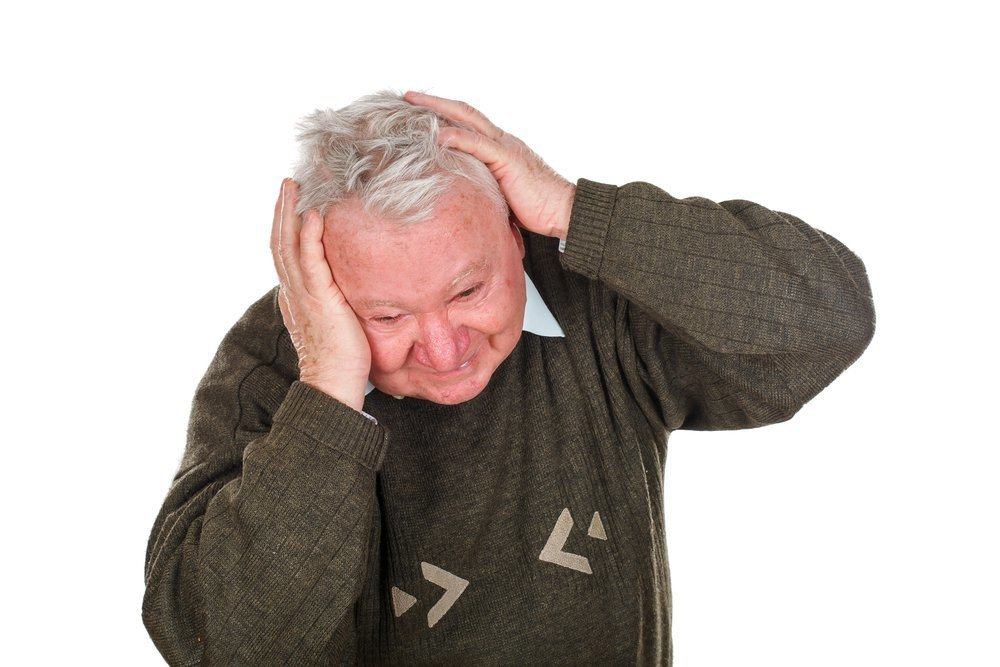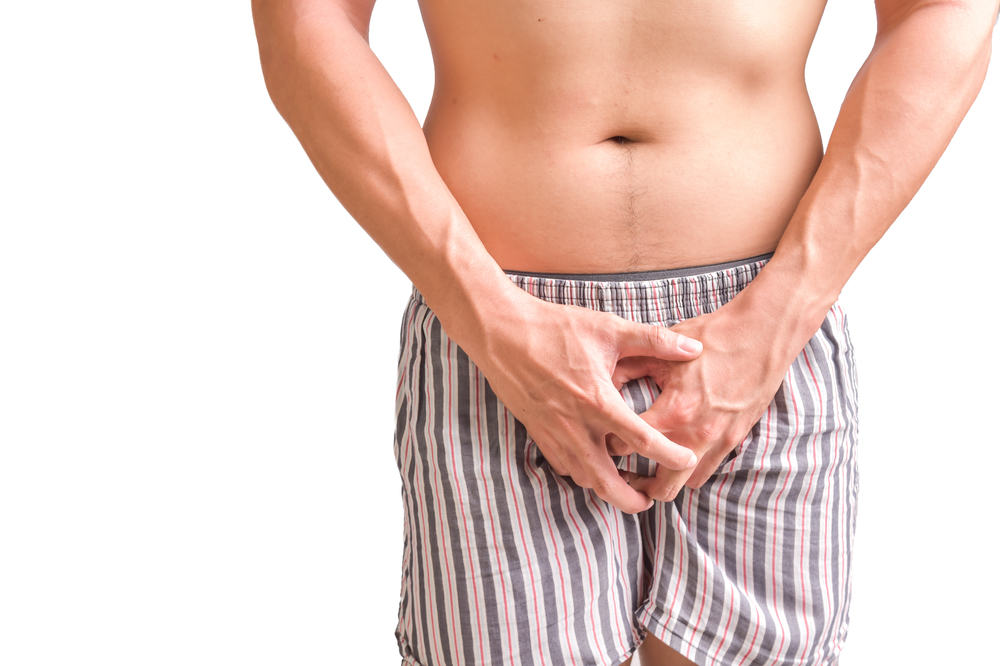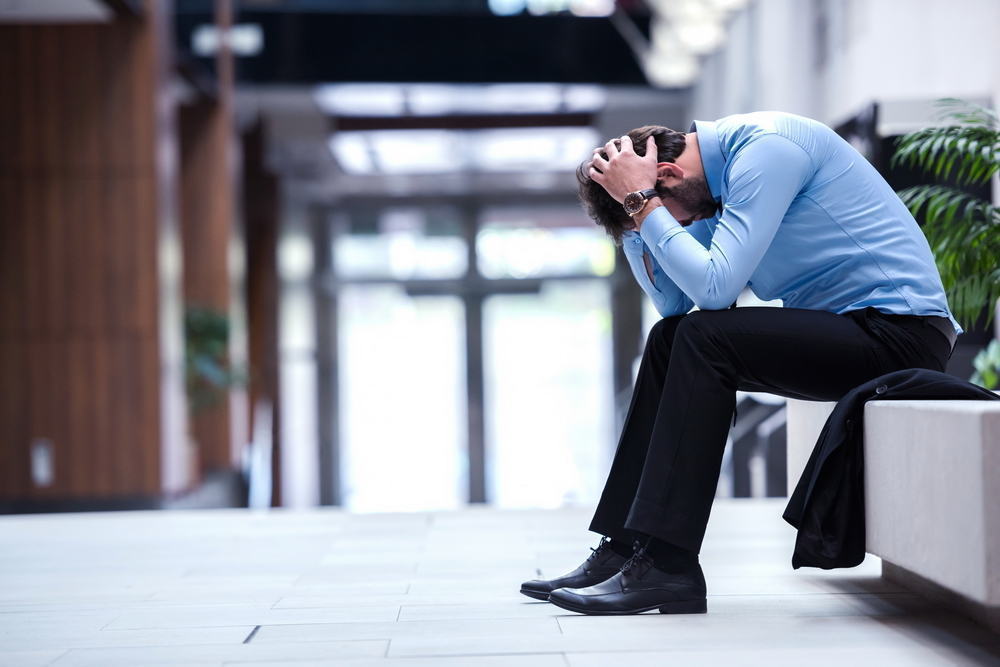Contents:
- Medical Video: Hyperhidrosis - Mayo Clinic
- What causes hyperhidrosis?
- Primary hyperhidrosis
- Secondary hyperhidrosis
- What are the signs and symptoms of hyperhidrosis?
- Is hyperhidrosis dangerous?
- How do you deal with excessive sweating?
Medical Video: Hyperhidrosis - Mayo Clinic
Have you ever experienced wet hands and excessive sweating while on exams, job interviews, meeting parents, or when you were nervous? If so, you may have a medical condition called hyperhidrosis.
Sweat is needed to maintain body temperature to remain stable and remove metabolic waste substances. Hyperhidrosis is a condition that occurs when excessive sweating is not triggered by the temperature of a hot environment or heavy physical activity.
Most hyperhidrosis does not endanger health, but can have psychological and social effects because it can cause feelings of shame and awkwardness for the sufferer. Hyperhidrosis occurs in 1% of the world population and is more common in women than men. This number can increase, because there are many cases of hyperhidrosis that are not reported.
What causes hyperhidrosis?
Based on the cause, hyperhidrosis can be divided into two, namely:
Primary hyperhidrosis
In most cases, the cause of hyperhidrosis is not known clearly, generally due to increased sympathetic nerve activity.
Secondary hyperhidrosis
Hyperhidrosis is caused by another condition or disease, divided into three types, namely
- Emotionally triggered hyperhidrosis, such as fear and anxiety, generally attacks the armpits, palms, and soles of the feet.
- Local hyperhidrosis, caused by sympathetic nerve damage caused by trauma or birth defects.
- General hyperhidrosis, caused by autonomic nerve disorders or the presence of other diseases such as diabetes insipidus, malignancy, menopause, heart attack, Parkinson's, and the effects of drugs.
What are the signs and symptoms of hyperhidrosis?
Sweating is a normal thing experienced by humans, but in patients with hyperhidrosis, the main characteristic that can be seen is excessive sweating without obvious triggers such as exercise or hot temperatures around. Other symptoms that indicate a person experiencing hyperhidrosis are:
- Avoiding physical contact such as shaking hands, knowing that his hands are sweating.
- Rarely participate in physical activities such as sports or dancing, because it can worsen the condition experienced
- Excessive sweating can interfere with your work, such as difficulty holding objects or typing with a computer keyboard because the sweat on the palms makes it slippery.
- Difficulties in carrying out daily activities such as driving
- Many spend time to overcome this condition, such as frequent bathing and changing clothes.
- Be aware of the conditions experienced so that you withdraw from the social environment.
Is hyperhidrosis dangerous?
In general hyperhidrosis is not harmful to health. Most hyperhidrosis occurs since children. In new hyperhidrosis that occurs when a person is mature, it needs to be explored further regarding the presence or absence of underlying diseases of hyperhidrosis, such as diabetes or cancer. Excessive sweating at night is also a sign of a more serious illness. So, immediately consult with your doctor if you suddenly sweat excessively without a clear cause and if there is excessive sweating that interferes with daily activities.
Although not dangerous, hyperhidrosis that is not handled properly can cause various complications such as:
- Fungal infections. Moist conditions are a good environment for fungal growth.
- Skin disorders. Excessive sweating causes you to be prone to skin diseases such as boils and warts.
- Body odor. In hyperhidrosis accompanied by bacteria, unpleasant body odor can arise.
- Emotional effects. Hyperhidrosis can cause sufferers to feel embarrassed and not confident.
How do you deal with excessive sweating?
The initial treatment for hyperhidrosis is to make behavioral and lifestyle changes accompanied by antiperspirant administration. Some lifestyle changes that can be recommended are as follows:
- Avoid consuming products that can make you sweat like spicy foods and alcohol.
- Regular use of antiperspirants.
- Avoid tight clothing with artificial fiber materials such as nylon.
- Using white or black clothes can hide sweat marks.
- Using armpit protectors that can absorb sweat.
- Using socks that can absorb sweat, and replace it every day.
- You should wear leather shoes, and use different shoes every day
- If your hyperhidrosis is triggered by anxiety, then you can consult a mental health professional to deal with your anxiety.
If symptoms do not improve after doing the above, immediately consult your doctor. Therapy that can be given include:
- Medicines, anticholinergics, antidepressants, anti-inflammatories, and botox are examples of drugs that can reduce perspiration.
- Iontoforesis, carried out by delivering the electricity flow of fat in areas that experience hyperhidrosis.
- Surgery is performed if the above methods are not effective. Surgery will be performed to remove the sweat glands or nerves at the location of hyperhidrosis.
READ ALSO:
- 10 Natural Ways to Overcome Black Armpits
- Why do fingers become wrinkles after a long time in water?
- 5 Unexpected Things That Cause Body Odor












